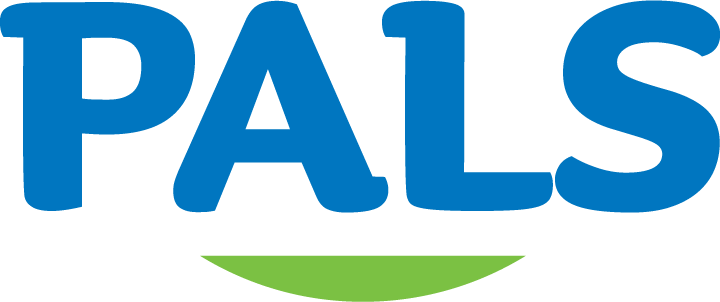BY LAUREN GIBEAULT
PALS Recruitment Coordinator
I grew up in the 90’s and 2000’s in a predominantly white suburban neighborhood. I spent years hearing from teachers and coaches, “don’t focus on skin color; we are all the same” or “school is not the place to talk about skin color, gender expression, religion, or any such taboo topic.” I arrived on my college campus in 2008 ready to take on the academic world! I quickly realized how little I actually knew. My professors, new colleagues, and friends, helped me begin to shed layers of bias and recognize my own privilege. I learned that in order to be an ally, I must be willing to learn, grow, and change previously held beliefs.
Each month at PALS, the staff walks through a Diversity and Inclusion training and meaningful discussion. Each month presents a variety of topics to wrestle with and to shed layers upon layers of built-up bias. This is my first month on staff with PALS and also my first D & I training. What I was struck with was the willingness of this staff to learn. Without a willingness to learn, make mistakes, and lean into some discomfort, there is no growth.
PALS seeks to create a place where everyone can belong. Each person has two options- stay where you are or grow! We all have missteps on this journey, but we must not be so afraid of making mistakes that we avoid personal growth. My advice? Lean into the discomfort and make learning a priority. A wise professor once told me there is no comfort in a growth zone and no growth in a comfort zone. Where do you want to be?
As we head into summer, remember the PALS Promise:
We are committed to inspiring a world of belonging. We promise to be welcoming, to include everyone, and to stand up for one another. We promise to work together, to learn from our mistakes, and to treat each other like family. We promise to have open hearts and minds, to act with kindness, and to respect the value of every person. Together, we will change our own attitudes, the perceptions of others, and the world.
Eager to be back in the swing of things post-pandemic at PALS, let’s keep in mind the helpful framework from Ella F. Washington, Alison Hall Birch, and Laura Morgan Roberts in their article “When and How to Respond to Microaggressions” for calling others into a conversation about harmful biases and prejudice.
Step one: Discern. Determine how much of an investment you want to make in addressing the bias. Do not feel pressured to respond to every incident; rather, feel empowered to do so when you decide you should
Step two: Disarm. Invite them to sit alongside you in the awkwardness of their words or deeds while you get to the root of their behavior together
Step three: Defy. Challenge the perpetrator to clarify their statement or action. Use a probing question, such as “How do you mean that?” This gives people a chance to check themselves as they unpack what happened.
If we can all continue forward on our journey of learning and growing, the world will develop into a place where everyone feels like they can show up as their most authentic self. That is a far sweeter outcome than the lessons taught in the 90’s and 2000’s.


